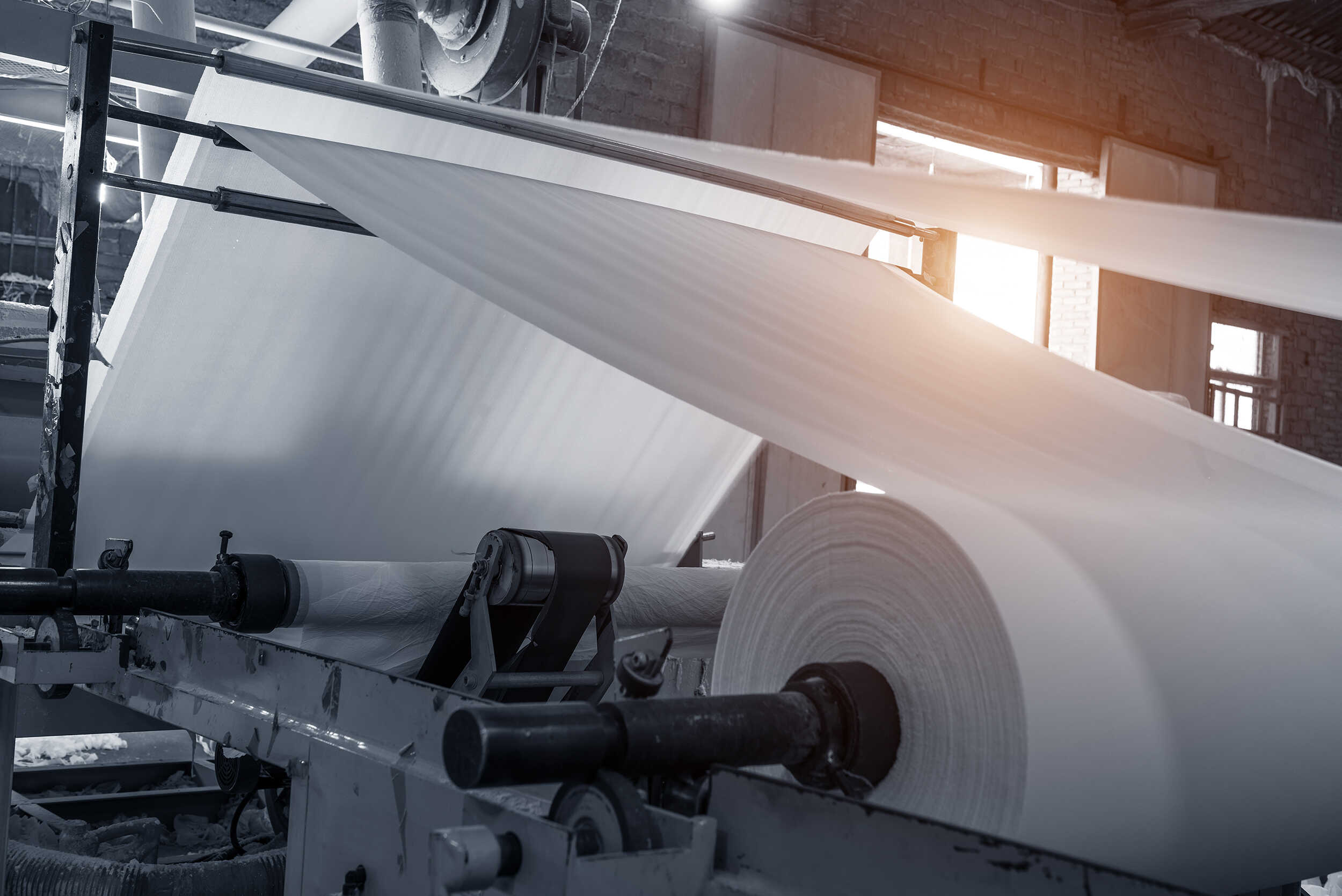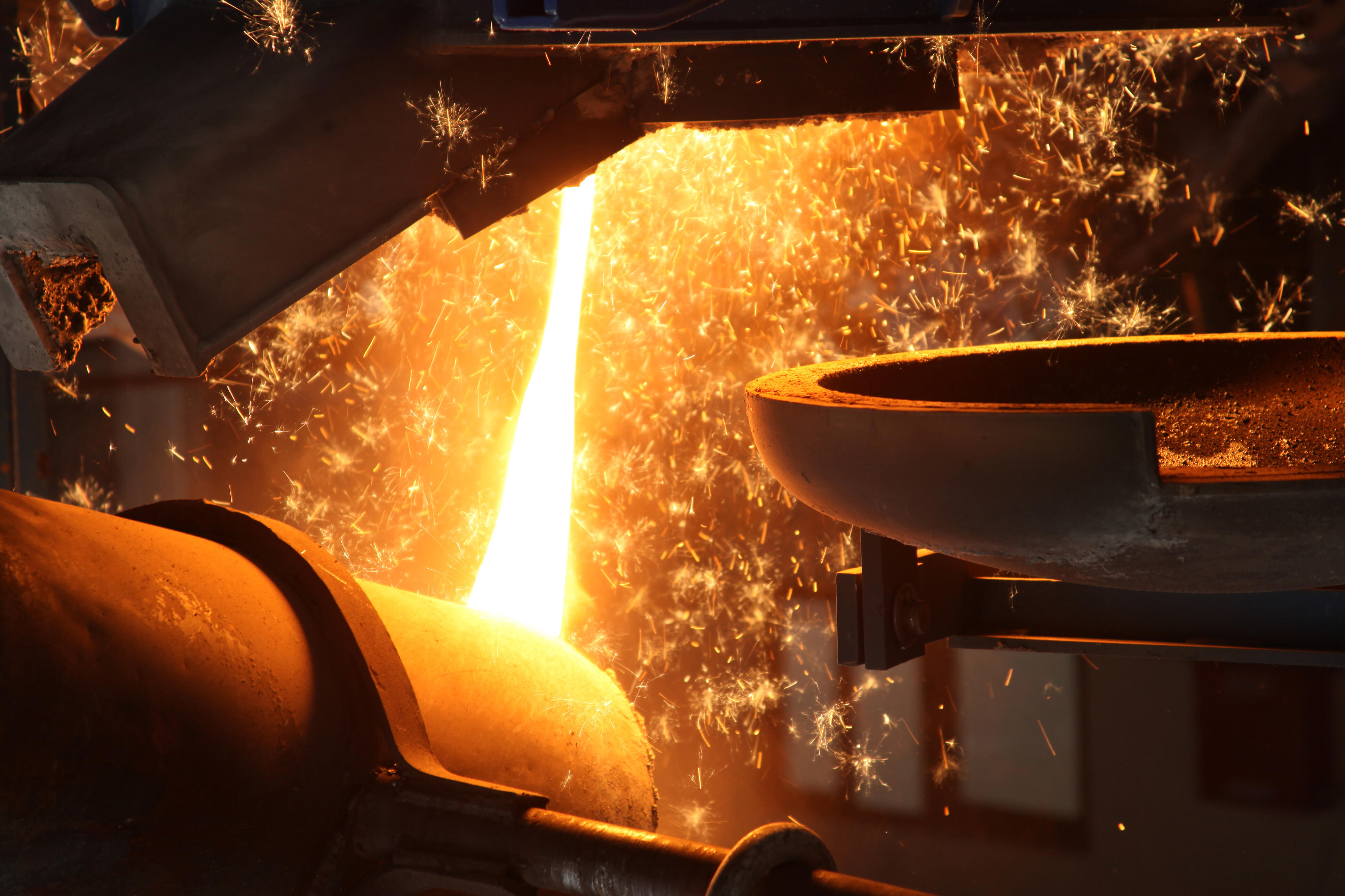
To remain competitive and preserve our environment, resources and raw materials should be used sparingly and in the most efficient way. This is especially true for manufacturing processes. Even if many materials can be recycled as a secondary raw material, primary raw materials will continue to play an important role in manufacturing. This is why waste prevention and management is crucial in a production process.
PEPITe can help reduce the environmental impact from manufacturing.
Have a look at the following use cases:
The pulp mill had some product quality issues mostly in wintertime for causes that were not very well understood. This issue led to more waste due to off-specification product. It also forced the plant to increase production which resulted in more raw material use.

At the pulp mill, the pulp is produced in reactors from wood chips fed by conveyors. For some time, a problem had been observed during chips filling: the pressure in one of the reactors suddenly increased, causing gas and chips to flow back out. During these events, the operators had to stop the filling process for a certain period of time and clean the reactor, which resulted in significant time loss and wasted raw materials.
Thanks to data-driven root cause analysis using DATAmaestro the issue was identified. There were two defective valves (in series) that allowed a high temperature cooking liquor to pass into the reactor. Upon entering the reactor at atmospheric pressure, the liquor was vaporizing, causing pressure spikes. With this confirmation of the problem, targeted maintenance work was quickly performed to correct the problem.
At FSC, the pulp is produced in reactors from wood chips and then goes through washing, bleaching and drying stages. For this process, the yield represents the weight of pulp in the finished product compared to the initial weight of wood chips used to produce the pulp. The yield is impacted by the mechanical and chemical treatment of chips and pulp at the different steps of the process.
It is therefore desirable to maximise yield while maintaining product quality. Thus, FCS wanted to be able to monitor its yield and the variables that impact it to identify and ultimately avoid drifts.
Thanks to DATAmaestro Advanced Analytics software, technical experts at FSC used historical process data to analyse moments of high and low performance to identify variables that have an influence on yield. After identifying a list of key influencing variables, monitoring was designed to avoid drifts in these variables in order to maintain yield.
Situation
NLMK Group, Belgium, is specialized in medium and heavy steel plates. They produce a wide range of plate products for various industrial applications.
The process comprises a rough-hewing quarto mill, a 4-stand finishing mill, an accelerated cooling installation and a new steel plate leveler.
The plant was experiencing quality issues with stell plate thickness creating more product waste.
Thanks to DATAmaestro, the plant was able to identify steel plate leveler settings that led to thickness issues and used this information to set optimal pre-settings for the new plate leveler to improve product quality.

Thales Alenia Space was facing some variability in the quality of its products which led to waste.

The plant experienced 15% of off-specification products which led to waste and remanufacturing.
